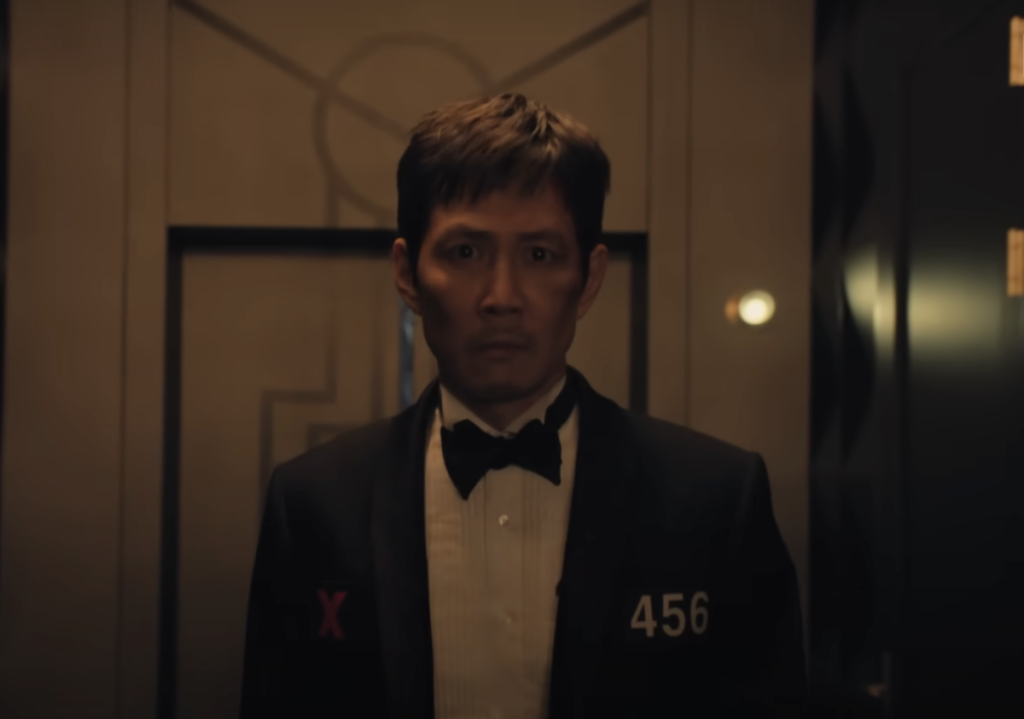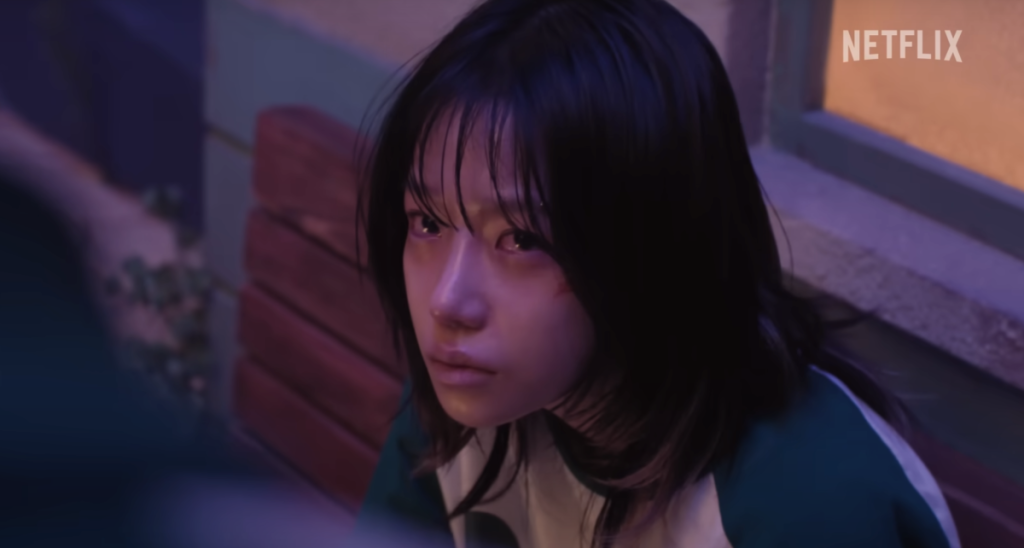Squid Game S03 Is Still Ideologically Pure, But Can’t Overcome the Paradox at its Core
If the third season of the Netflix phenomenon Squid Game feels repetitive and tiresome, though some of it might be by design. Revolution, or for that matter any kind of resistance, is hardly ever a straight line. It’s riddled with failed uprisings, a long list of martyrs, turncoats, crests and troughs of public sentiment, changing political winds – the path of resistance is rarely linear. One thing creator Hwang Donghyuk feels most sure about is not letting his viewers off the hook easily. So, he twists the knife, toys with them, unleashing psychological warfare on his characters (and as a result the viewers). Who do we side with, now that the circumstances have changed? How do you feel about your favourite character after they act in a manner you don’t approve of? Or a character you resent seems to have found a conscience?
Squid Game is a close approximation of what one might term a dumb smart show (not the same thing as a smart dumb show) – flattening out an intriguing set-up in a bid to be accessible. In 2021, when it appeared for the first time, Squid Game shocked the world with its perversity, almost making its sadism seem like high-art. Set around a mysterious corporation that recruits Korea’s desperate civilians to a secret island, where through a series of childhood games, the last participant standing could win ₩45.6 billion (approximately $36 million). The rest would die.
The show’s moral lessons have been reiterated in the next two seasons, leaving behind some of its efficacy. A capitalist society is a grossly unequal place, most of us are hamsters on a wheel — the rich look at the poor with entitlement, disdain and amusement. It’s what remains the core philosophy of the show even in its third season, but things did take an interesting turn in season two, when Hwang widened his purview by simulating a ‘democracy’ in a hyper-capitalist environment. It saw every tenet of free will and democracy being blown to smithereens.
After winning the competition in the first season, protagonist Gihun (Lee Jungjae) returns in the second season, hoping to dissuade participants from participating. When he tries that, a vote is instituted at the end of each round. The surviving members can either vote to keep playing, or they could equally divide the prize money and leave. Meant to break Gihun’s spirit and his need to save people who might have a similar conscience like him, the voting scenes showcase how much capitalist greed and majoritarian clout drives any democracy. Seeing democracy being subverted in one voting round after another is what prompts Gihun to convince a handful of the participants to lead a revolution, to overthrow the masters of the game, at the end of season two.

A still from Squid Game season 3.
A few betrayals, along with the sheer force of the establishment while retaliating to the uprising, results in a violent quashing of the revolution. At the beginning of season 3, Gihun is a broken man. Most of his fellow revolutionaries have been killed, but he’s allowed to live. There’s no light left in his eyes, forced to suffer through the rest of the game. There’s a compelling question posed to Gihun’s character through the entirety of season three – what does a living person do, when he’s lost faith in everything and everyone around him? When they’ve come to terms with the fact that the fight doesn’t necessarily matter, and the pushback will always be more fierce. When most people around him are only trying to ensure their survival, instead of recognising and overthrowing the enforced hierarchy which keeps them hungry and desperate. How does one act then? Does one give up, or do continue acting in good faith?
Lee Jungjae is excellent as a broken man, consumed with revenge, pained and still unable to lose his humane side, despite every last bit of the game.
A continuation of the second season as the three remaining rounds of the game take place, creator Hwang never seems in a hurry to get to the end. Always making sure that characters have made their peace with the psychological onus put on their actions. To make matters that much more soap-opera: a pregnant contestant gives birth in the middle of a game, a mother and son find themselves on opposite teams, the newborn baby is introduced as a player, a disillusioned hero finds himself protecting the voiceless.
Being the conclusion to his epic saga, Hwang is also found indulging himself plenty here. There’s a subplot around a crooked boat captain, whose identity is uncovered using its fair share of contrivances. The VIPs – billionaires enjoying the game like a reality show – comprise buffoonish Americans, Brits, Chinese, all speaking in a heightened manner. For a show that used to pride itself in showcasing the ‘greyness’ of the most well-intentioned people, it now draws its characters in the binaries of good and evil. According to Hwang, the only way to combat this system is to martyr yourself or become a dehumanised cog in the machine that feeds the rich.

A still from Squid Game season 3.
Despite some of its shortcomings, I largely enjoyed the third season of Squid Game because it stays pure to its ideology. But this might be the end of the road for me. The objective of the game wanting to dehumanise the poor, for the entertainment of the rich, has never been clearer. The extent of this objective is tested through Gihun, who has every right to abandon his values in a game that incentivises cruelty. In a dog-eat-dog world, Gihun remembers his humanity. However, as the show’s outro showcases the action of Squid Game Korea making its way to the United States (with a stellar A-list cameo in the show’s final moments) – it can’t overcome the contradiction at its core.
A series about the critique of capitalism needs to continue being milked for an American chapter. Hwang Donghyuk might have concluded his saga of 22 episodes, and now if the rumours are right – David Fincher (who made Fight Club – known for its critique of Western capitalism) will now be overseeing the perversity in an increasingly unequal American society. The wheels keep moving, a platform continues to pay storytellers to jump through the hoops, turning more viewers into voyeurs for other people’s misery, and inventing more stylish ways to die. Those of us continuing to watch the future seasons after having grappled with what the show was trying to preach – the joke might be on us.
*Squid Game S03 is now streaming on Netflix
This article went live on July first, two thousand twenty five, at twenty-one minutes past nine in the morning.The Wire is now on WhatsApp. Follow our channel for sharp analysis and opinions on the latest developments.




